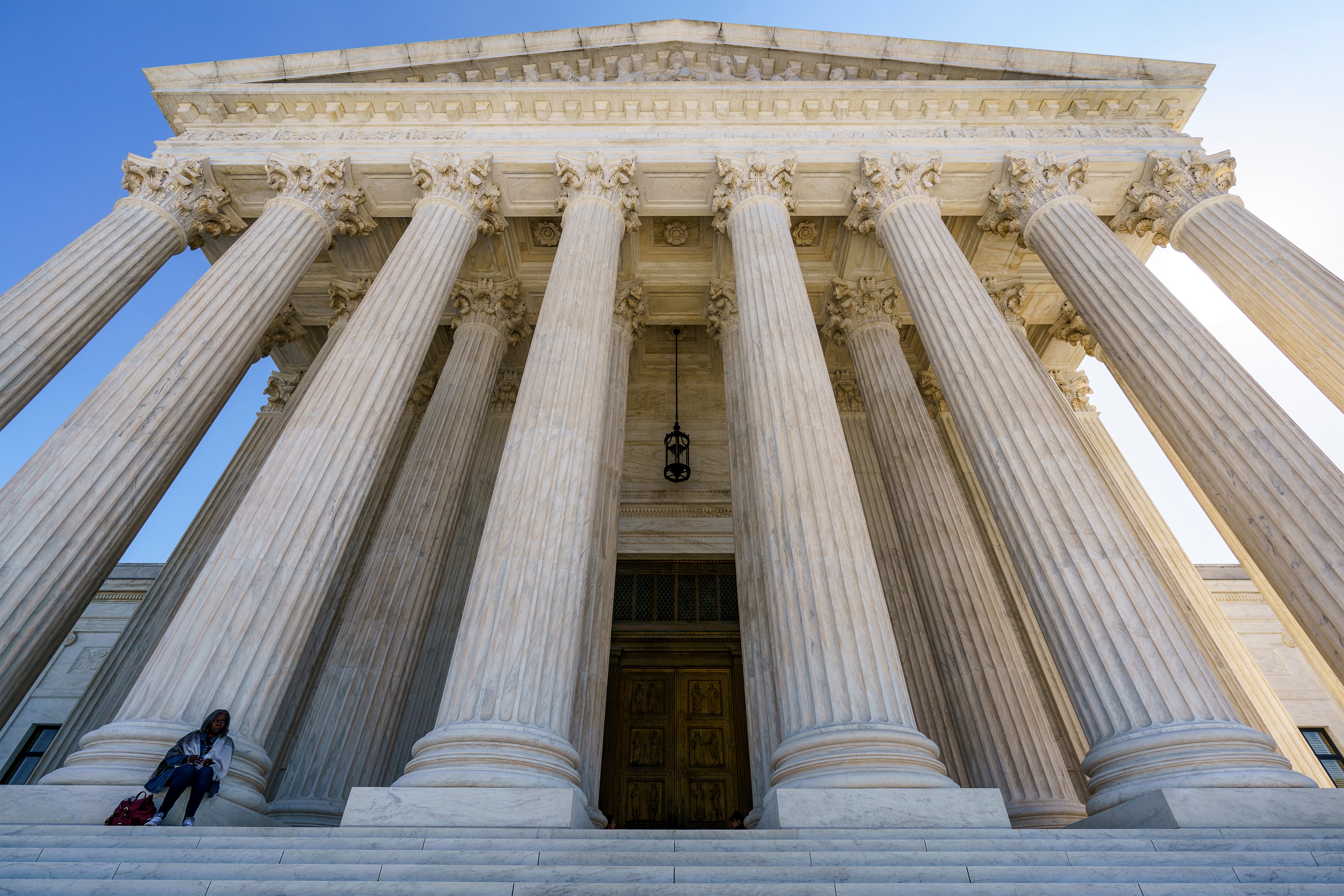Supreme Court takes up case which could give New Yorkers right to carry guns in public
The eventual ruling could unravel decades of gun legislation aimed at limiting who can own and carry a firearm.

The US Supreme Court will rule on a New York state law prohibiting residents from carrying guns in public unless they can provide a justifiable reason for doing so.
The court agreed on Monday to take up he case, New York State Rifle & Pistol Association Inc. v. Corlett, during its upcoming term in the fall.
The majority conservative Supreme Court’s eventual ruling has the potential to roll back more than a decade of gun laws that use state power to limit who can purchase and carry firearms.
New York State Rifle & Pistol Association Inc v. Corlett involves a New York state gun rights organisation and two men who wanted to carry a handgun in public but were denied their licenses to do so.
The men, Robert Nash and Brendan Koch, describe themselves as “law abiding citizens” and applied to carry a gun for protection. When they were denied, they joined the lawsuit already set in motion by the New York State Rifle & Pistol Association Inc.
Under New York law, anyone who wants to conceal carry a handgun in public must first demonstrate a special need beyond just a general desire to have one on their person.
The “proper cause” law in New York has existed since 1913. It allows for individuals - like shop-owners who deal with large sums of money, or homeowners afraid of break-ins - avenues for “on-premise” gun ownership or special limited licenses for specific purposes.
The plaintiffs in the case have asked the Supreme Court to rule on “whether the Second Amendment allows the government to prohibit ordinary law-abiding citizens from carrying handguns outside the home for self-defense.” The question is broad, and likewise has broad implications. If the Supreme Court were to rule “no,” it would effectively render any licensing requirements or non crime related limitations put on public gun ownership unconstitutional.
However, the Supreme Court will not be answering that question; the nation’s highest legal authority has instead stated it will only rule on “whether the State’s denial of petitioners’ applications for concealed-carry licenses for self-defense violated the Second Amendment.”
While the question the Supreme Court ultimately agreed to answer is less expansive, it still leaves the potential for massive shifts in the way US gun laws are interpreted.
New York State Attorney General, Letitia James, called on the Supreme Court to reject the case, arguing that the state’s concealed carry law was already upheld by a ruling in the US Court of Appeals for the Second Circuit. In a brief, she wrote concerning the state’s gun laws, she argued that New York adopted stricter gun policies as a response to the growing number of homicides and suicides in the early 20th century.
The case is scheduled to be argued in the early fall.
Join our commenting forum
Join thought-provoking conversations, follow other Independent readers and see their replies
Comments
Bookmark popover
Removed from bookmarks